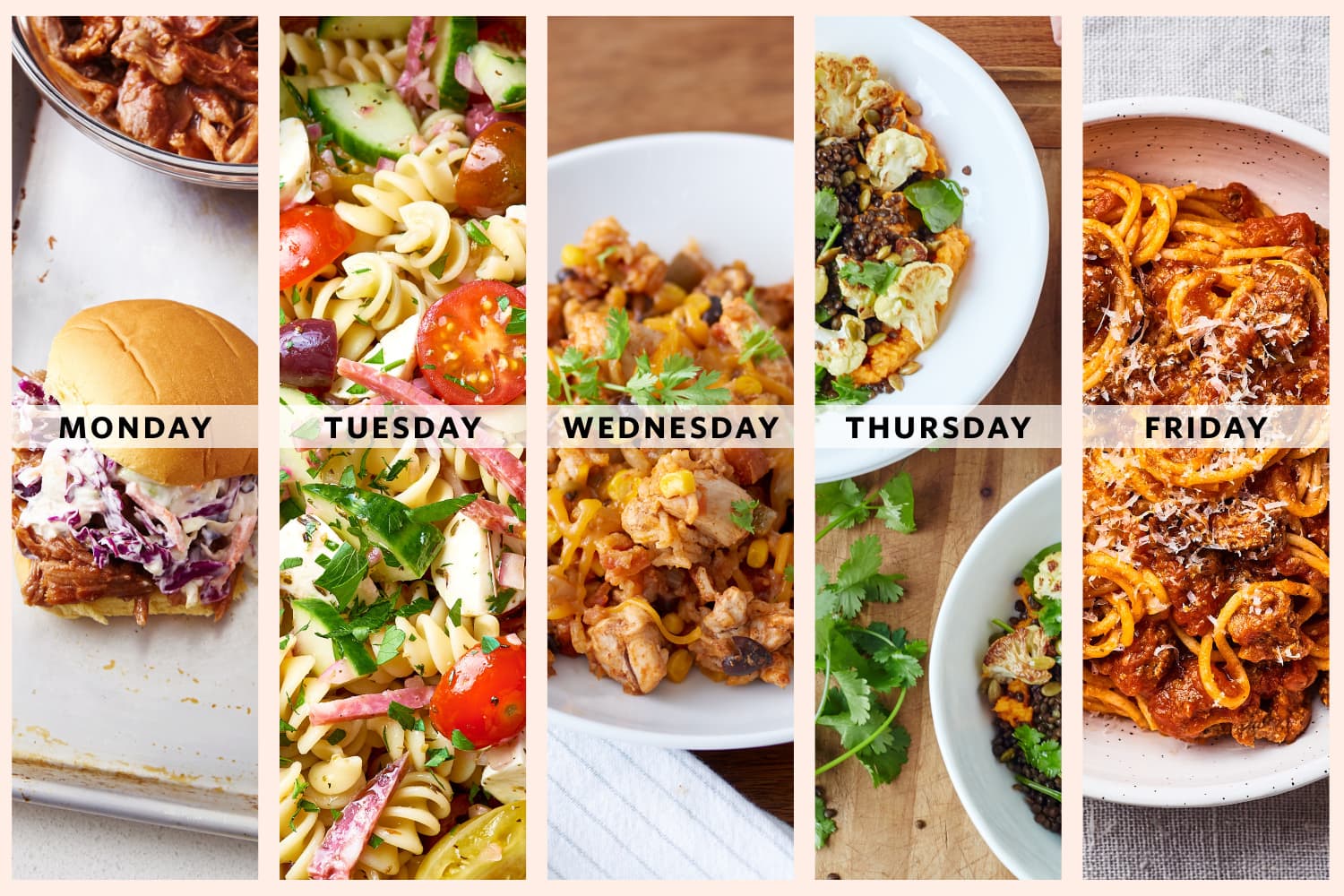A well-balanced diet is crucial for people who regularly hit the gym. It provides the body with the necessary nutrients, energy, and fuel to support workouts and promote muscle growth and recovery. Proper nutrition can enhance athletic performance and help reduce the risk of injury.
Here are some important dietary guidelines for gym people:
- Eat Enough Protein
Protein is an essential nutrient for muscle building and repair. Gym-goers need to consume enough protein to meet their daily requirements. The recommended daily intake of protein is 0.8 grams per kilogram of body weight. However, for people who are engaged in regular resistance training, the protein requirement may increase to 1.2-1.7 grams per kilogram of body weight.
You can obtain protein from various sources, including lean meat, fish, eggs, dairy products, nuts, seeds, and legumes. Whey protein supplements are also a convenient way to increase your protein intake.
- Include Complex Carbohydrates
Carbohydrates are an important source of energy for the body. However, not all carbohydrates are created equal. Complex carbohydrates such as whole grains, fruits, and vegetables are better than simple carbohydrates such as refined sugars.
Complex carbohydrates provide a sustained source of energy, whereas simple carbohydrates cause a quick spike in blood sugar levels. Gym-goers should aim to consume a balanced diet that includes enough complex carbohydrates to support their energy needs.
- Stay Hydrated
Proper hydration is essential for maintaining optimal performance during workouts. Water is the best choice for hydration. However, sports drinks may be beneficial for endurance activities that last longer than 60 minutes.
Gym-goers should aim to drink enough water before, during, and after workouts to replace the fluid lost through sweating. Dehydration can lead to fatigue, muscle cramps, and decreased performance.
- Don't Forget Fats
Fats are an essential nutrient that the body needs for various functions, including hormone production, cell membrane structure, and insulation. Gym-goers should aim to consume healthy fats, such as monounsaturated and polyunsaturated fats, found in foods like nuts, seeds, avocados, and fish.
Saturated and trans fats should be limited as they are linked to an increased risk of heart disease. It's important to note that fats are calorie-dense, so portion control is important.
- Plan Your Meals
Planning your meals ahead of time can help you stay on track with your diet and avoid unhealthy food choices. It's important to have a variety of foods in your diet to ensure you are meeting all of your nutrient needs.
A balanced meal should include a source of protein, complex carbohydrates, and healthy fats. Snacks can also be an important part of your diet, providing additional energy and nutrients to support your workouts.
- Consider Supplements
While a well-balanced diet should provide all of the nutrients your body needs, supplements can be useful for people who have specific nutrient deficiencies or have difficulty meeting their nutrient requirements through food alone.
Common supplements for gym-goers include protein powder, creatine, and branched-chain amino acids (BCAAs). However, it's important to note that supplements are not a substitute for a healthy diet and should only be used as a complement.
In conclusion, a well-balanced diet is crucial for gym-goers to support their workouts and promote muscle growth and recovery. Consuming enough protein, including complex carbohydrates, staying hydrated, consuming healthy fats, planning your meals, and considering supplements can all contribute to a successful diet plan. By following these guidelines, you can help ensure that you are fueling your body with the nutrients it needs to achieve your fitness goals. :)









0 Comments